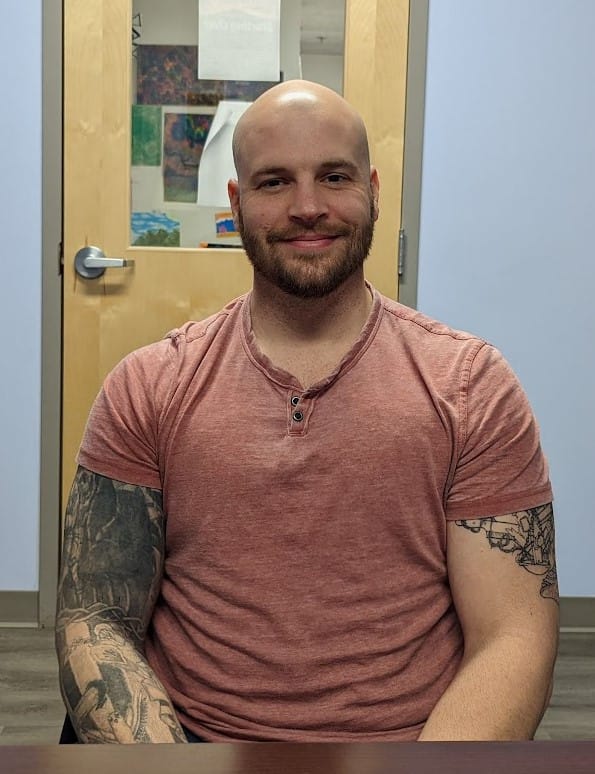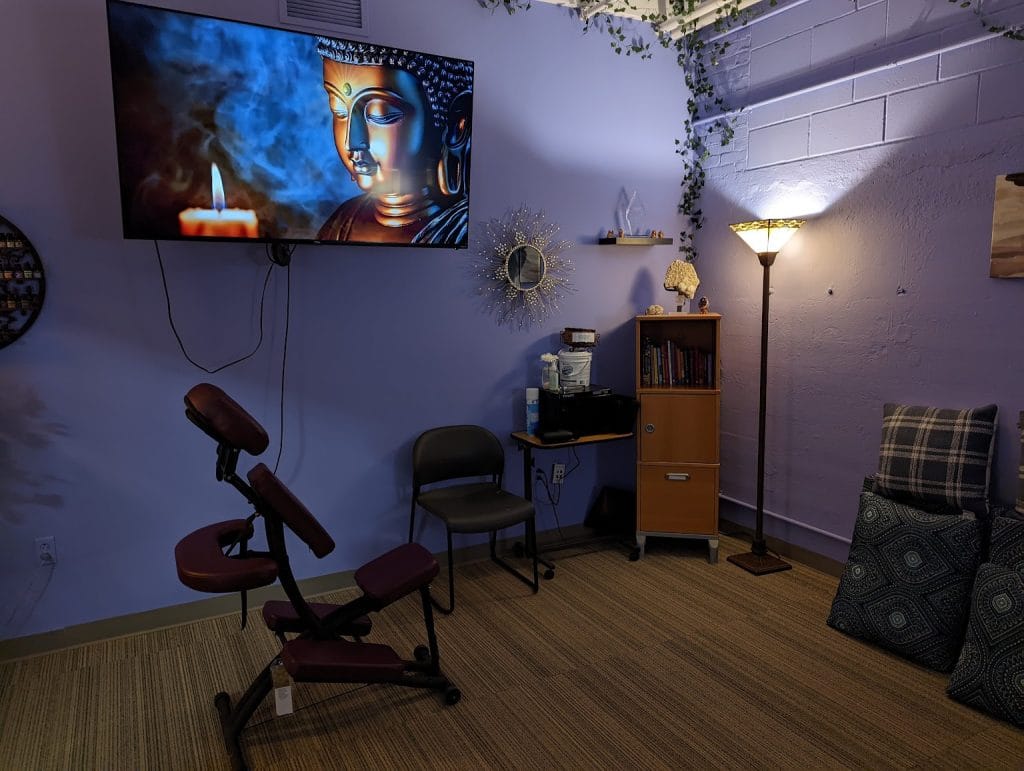Hope for NH Director uses personal experiences to help those recovering from addiction
Inside the former home of C.A. Hoitt Furniture can be found one of Manchester’s key tools in the fight against addiction and a man who not only knows that struggle firsthand, but knows what it takes to overcome that struggle.

MANCHESTER, N.H. – Inside the former home of C.A. Hoitt Furniture can be found one of Manchester’s key tools in the fight against addiction and a man who not only knows that struggle firsthand, but knows what it takes to overcome that struggle.
Hope for New Hampshire Recovery Executive Director Randy Stevens was once caught in the cycle of addiction until he found hope for the first time in a long time from a doctor at Portsmouth Regional Hospital. That inspiration helped spark a change in him during his time incarcerated at Strafford County House of Correction. While incarcerated, he says he read over 500 self-help and psychology books, started a men’s peer support group, entered into a 17-month training program and would eventually graduate with a 4.0 GPA from Walden University, earning a bachelor’s degree in social work.
He would take that experience into peer support positions with the Mental Health Center of Greater Manchester and the Granite United Way before coming to Hope for New Hampshire. Today, Stevens is on track to earn a master’s degree in social work with Walden and has just celebrated his first anniversary working with Hope for New Hampshire.
Hope for New Hampshire Recovery itself is also celebrating nearly a decade since its establishment and in that time it has become one of the key non-profit addiction recovery organizations in the state of New Hampshire, building a community of support and mental health services.
Stevens believes that there needs to be a level of accountability among those in the Granite State’s recovery community, but also a level of understanding and flexibility.
“I think most people get into this field wanting to do good. But there is a lot of accidental ignorance, both from people in recovery and people outside of recovery with thoughts on how trying to help people in recovery and what that should look like and that creates discrepancies,” he said. “Every person is unique. Every person has their own individual experience, they need their own individual support. If we try to make cookie-cutter programs and tell people that they have to fit into those, a good amount of those people are going to fail – and I am trying to break that cycle.”

While the future of non-profit organizations remains uncertain given the national political climate, Hope for New Hampshire Recovery recently celebrated the news that tickets for its upcoming annual gala sold out in a matter of days.
“We are deeply moved by the outpouring of support for this event,” said Stevens. “This sold-out gala is a testament to the belief our community holds in the power of recovery and the importance of building bridges between those in recovery and those in the business community. We are coming together to celebrate the successes we’ve seen resonate throughout our community.”
People looking for help from Hope for New Hampshire Recovery can walk-in to ask for more information at the organization’s offices at 293 Wilson St. (at the corner of Wilson and Valley), by calling 603-935-7524 or by visiting their website at recoverynh.org.





